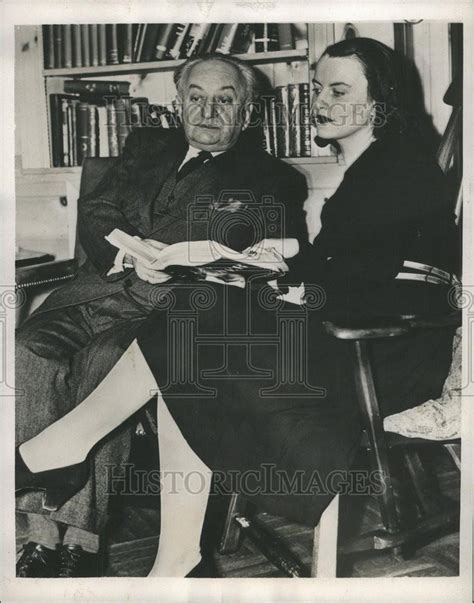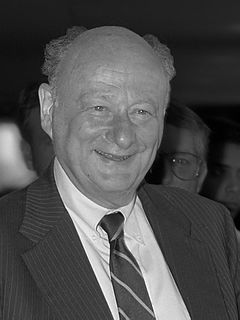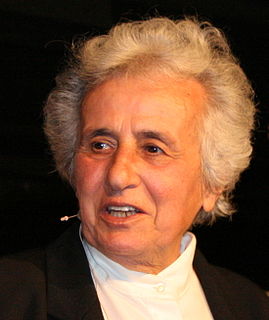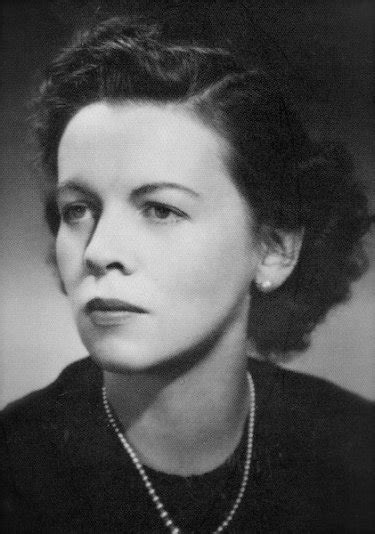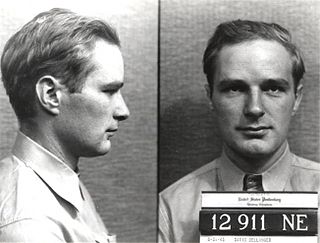A Quote by Steven T. Katz
Something fundamental about the myth of the Jew has resurfaced.
Quote Topics
Related Quotes
A Jew remains a Jew. Assimilalation is impossible, because a Jew cannot change his national character. Whatever he does, he is a Jew and remains a Jew. The majority has discovered this fact, but too late. Jews and Gentiles discover that there is no issue. Both believed there was an issue. There is none.
But myth is something else than an explanation of the world, of history, and of destiny. Myth expresses in terms of the world - that is, of the other world or the second world - the understanding that man has of himself in relation to the foundation and the limit of his existence. Hence to demythologize is to interpret myth, that is, to relate the objective representations of the myth to the self-understanding which is both shown and concealed in it.
In school they told me I was a Jew, "a filthy Jew." At first I asked myself what exactly that was. But then I began to understand. I was a Jew, I was a member of the Jewish faith, the Jewish community. One time, when I was giving a reading at a school, someone asked me: "If it was so dangerous to be Jewish, why didn't you convert to Christianity?" My response was: "It's not as easy you think. When you're a Jew, you're a Jew.
Let us consider the actual, worldly Jew - not the Sabbath Jew, as Bauer does, but the everyday Jew. ... What is the worldly religion of the Jew? Huckstering. What is his worldly God? Money. Money is the jealous god of Israel, in face of which no other god may exist. Money degrades all the gods of man - and turns them into commodities. The bill of exchange is the real god of the Jew. His god is only an illusory bill of exchange. The chimerical nationality of the Jew is the nationality of the merchant, of the man of money in general.

